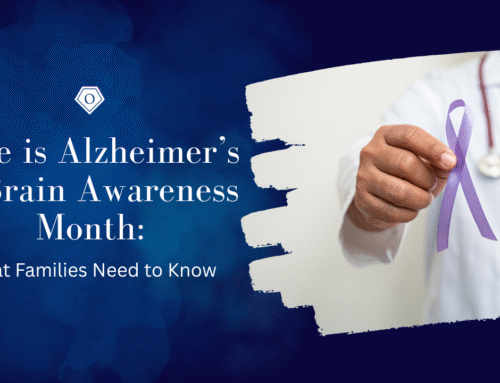When my Mom got her Alzheimer’s diagnosis, the first thing she said was, “I never want to go to a long-term facility.” She said she’d miss her cat even if she couldn’t remember him. Her hands wouldn’t know what to do while she watched TV.
After her decision, we banned together as a family to ensure we could care for Mom from our home. And yes, we took on the cat too.
Before you bring an elderly loved one into your home or move into theirs, assess what care is needed. A clear picture of your parent’s health, needs, and the changes to come will allow you to enlist the support required for everyone to thrive.
Understand What Care Is Needed
Communicate with doctors to understand the needs and limitations of elderly loved ones.
Evaluate your parent’s capabilities around:
- Self-feeding
- Functional Mobility (moving while performing activities, getting in and out of bed, in and out of a chair)
- Dressing
- Bathing or Showering
- Personal Hygiene (includes brushing/styling hair, shaving, grooming activities)
- Toilet Hygiene (includes getting to the toilet, self-cleaning, getting up from the toilet)
From here, ask your loved one’s doctor what physical or mental capabilities are likely to change and how soon. Then, get a picture of what to expect and how to prepare.
You will also need to:
- Get a list of medications and side effects.
- Ensure you have the proper documentation to communicate with all doctors and make decisions (HIPPA, Power of Attorney, Advanced Health Care Directive)
- Download AARPS Checklist for Family Caregivers
Be Realistic About Your Capabilities
Too often, family caregivers do not ask for help until their personal health is suffering. Evaluating the information above will keep you from getting into a cycle where you are trying to meet your loved one’s needs with no energy for yourself.
Ask yourself:
- Do I have the physical strength to help with toileting, dressing, or transferring?
- Does the home pass a home safety evaluation for seniors?
- Can I manage multiple medications? Do I have a list of how medications interact with one another?
- Do I have the financial systems in place to care for my loved one?
- Does my loved one require medical care that is outside my scope?
Get Certified Help
Certified help helps break cycles of exhaustion, frustration, and lack of care. A nurse-supervised home health care team ensures your elderly parent receives needed medical care from the comfort of home while you remain in the cherished role of comforter.
Nurse support also gives families peace of mind that a trained eye can catch subtle changes in elderly parents.
When looking for home health care:
- Make a list of all of the needs of your loved one
- Evaluate how well the agency can cover these needs
- Make sure you have the freedom to find a caregiver that is a good fit for your loved one’s personality and the home’s dynamic
- Seek out reviews and testimonials
Allowing an elderly parent to age at home can be both special and challenging. Get the support you need to make the most out of this time in life.






